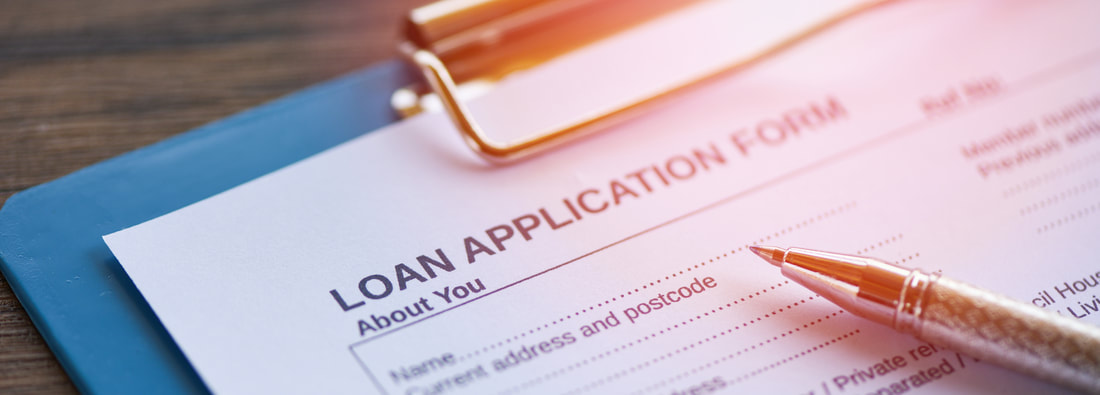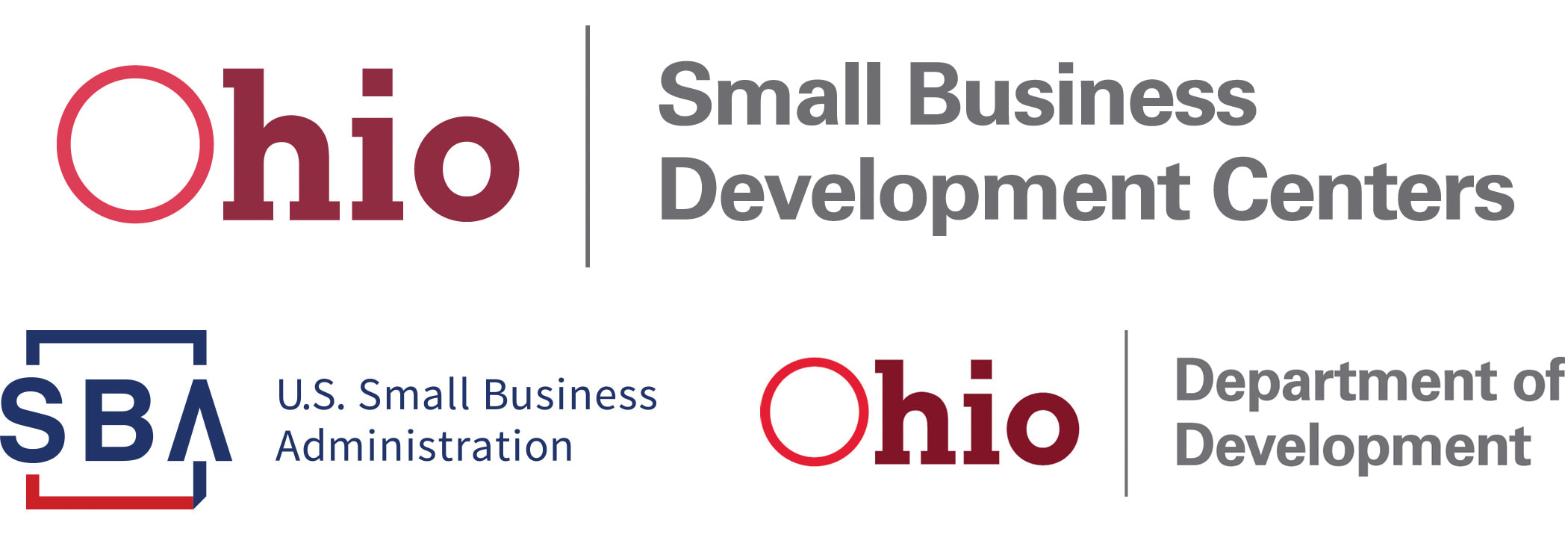- Credit History – Applicants must have a credit history acceptable to SBA.
- Repayment – SBA must determine that the applicant business has the ability to repay the SBA loan.
- Eligibility – The applicant business must be physically located in a declared county and suffered working capital losses due to the declared disaster, not due to a downturn in the economy or other reasons.
The interest rates for this disaster are 3.75 percent for small businesses and 2.75 percent for nonprofit organizations with terms up to 30 years.
The Small Business Development Center at the Toledo Regional Chamber of Commerce can assist business owners with the application process, however, the SBA will not accept applications until the Disaster Declaration has been approved. At this time, all business owners who want to apply for these loans should begin pulling together information as outlined below.
All applications will can be started online by going to https://www.sba.gov/disaster-assistance/coronavirus-covid-19 after the declaration has been made for your county.
To expedite the process for your online application, The SBDC recommends you download all the forms, and prefill them out so you will be ready to complete the online applications properly and effectively.
For sole proprietor: https://disasterloan.sba.gov/ela/Documents/Disaster%20Home%20Loan%20Application%20(SBA%20Form%205c).aspx
For LLC, corporation, not for profit and limited partnership: https://www.sba.gov/document/sba-form-5-disaster-business-loan-application. LLC filings must provide an operating agreement which identifies the managing partner. If this is a single-member LLC then the owner is automatically the managing partner.
• Tax Information Authorization (IRS Form 4506T) for the applicant, principals and affiliates. https://www.irs.gov/pub/irs-pdf/f4506t.pdf. This allows SBA to obtain tax records from the IRS.
• Complete copies of the most recent federal income tax return.
• Schedule of Liabilities (SBA Form 2202). https://www.sba.gov/sites/default/files/2019-09/2202%20Schedule%20of%20Liabilities.pdf. This must include all short-term and long-term liabilities.
• Personal Financial Statement (SBA Form 413). https://www.sba.gov/sites/default/files/2019-09/Form%20413.pdf. This form must be provided by all partners.
Other Information may also be requested: Complete copy, including all schedules, of the most recent federal income tax return for principals, general partners or managing member, and affiliates (see filing requirements for more information).
• If the most recent federal income tax return has not been filed, a year-end profit and loss statement and balance sheet for that tax year.
• A current year-to-date profit and loss statement.
• Additional Filing Requirements (SBA Form 1368) providing monthly sales figures. This is especially important for Economic Injury Disaster Loans.
https://www.sba.gov/sites/default/files/serv_da_all_loanapp_5_0.pdf
This must be accompanied by at least a six-month financial projection or revenue document.
*Although a paper application and forms are acceptable, filing electronically is easier, faster and more accurate.
Recheck the filing requirements to ensure that all the needed information is submitted. The biggest reason for delays in processing is due to missing information. Make sure to complete all filing requirements before submitting the application and forms. If more funds are needed, applicants can submit supporting documents and a request for an increase. If less funds are needed, applicants can request a reduction in the loan amount. If the loan request is denied, the applicant will be given up to six months in which to provide new information and submit a written request for reconsideration.
Other options to consider:
Ask for deferred payments to banks and creditors: Businesses should ask for a payment deferral (interest only or otherwise) before applying for additional credit (if possible). Banks have the ability to defer SBA guaranteed loans under their unilateral authority. The decision to defer is ultimately up to the bank. Any business, especially those with notes, should have a conversation with their banker. The structure of the deferment (interest only or full deferment) is up to the bank. The payment history/status of commercial notes are not normally reported to the credit reporting agencies and most don’t unless there’s a default.
As always, proactive communication from both parties provides for better overall outcomes.
Make significant changes to your operations. Monitor all expenditures and try to encourage receivable collections when possible.
All business owners need to remember the basic premise of business: CASH IS KING. Cash will be needed to allow the business to rebound when conditions stabilize.
The Ohio Small Business Development Center (SBDC) Program is funded in part through a cooperative agreement with the U.S. Small Business Administration. The SBDC program is also funded in part by the Ohio Development Services Agency. All services are extended to the public on a non-discriminatory basis. Language assistance services are available for limited English proficient individuals. Reasonable accommodations for persons with disabilities will be made if requested at least two weeks in advance. Call 419-243-8191 or visit www.sbdc.development.ohio.gov for more information.



 RSS Feed
RSS Feed
